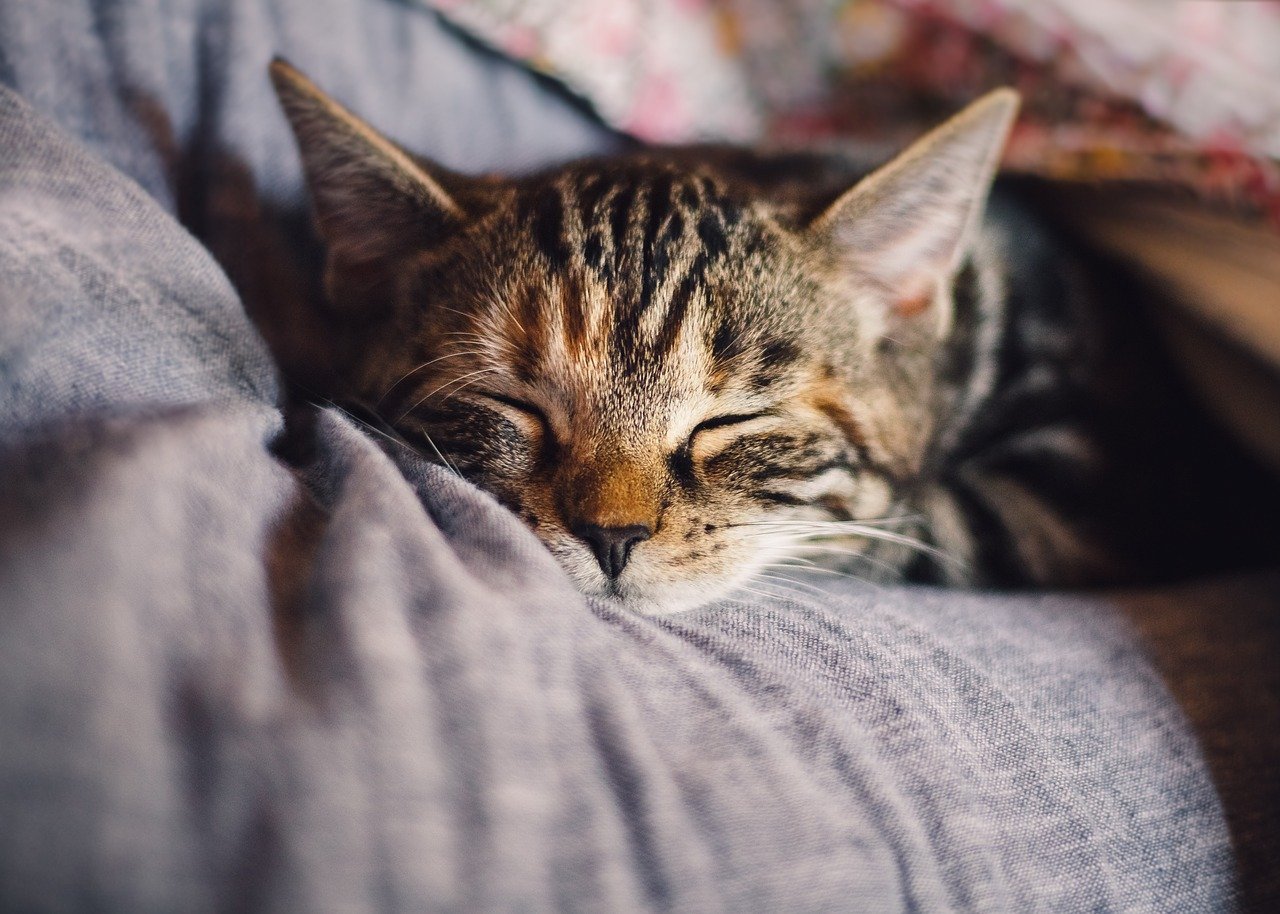Do you find your kitty meowing near her food dish often? Cats are usually fussy eaters. So, if your cat has been nurturing an enormous appetite lately, she probably shares some concerns. As a feline parent, you may be bothered by her new food cravings. Still, knowing the causes of her increased hunger may help you resolve the issue.
Don’t panic when you observe a change in your kitty’s routine. Instead, seek the help of your vet to know about any possible underlying conditions making her eat more than usual. In addition, it would be of great help if you requested a pet insurance quote and purchased cat insurance NZ. Your kitty needs a health backup, so she is covered for accidents, illnesses and other health emergencies for now and later times.
It is always best to take the vet’s opinion rather than diagnosing your pet kitty all by yourself if you notice any gradual or abrupt changes in her appetite. Apart from having health insurance that supports your feline friend, taking good care of her is essential, so she stays happy and healthy. For now, read this article to understand some of the most common factors that potentially increase feline appetite.
Parasites
Your kitty may not be content with eating any amount of food. It may be because intestinal parasites are thriving on your furball’s food intake, depriving her of nutrition. As a result, your hungry munchkin may be found circling the food dish and constantly meowing in the way of asking for some more food. Your vet may recommend deworming medication on confirmation of the parasite’s existence. Also, you may take preventive measures to keep your kitty protected from such infestations.
Hyperthyroidism
When the thyroid gland becomes hyperactive, there is excessive production of hormones. The prominent signs of this medical condition are increased food intake, rapid weight loss, panting, hyperactivity, and vomiting. Talk to your vet to know about the best course of action to manage this condition. Daily medication may suffice though, in some cases, radioactive iodine treatment or surgery may be advised.
Diabetes
It is a medical issue that arises because of hormonal dysfunction. Either your kitty’s body may produce insufficient insulin, or she may have trouble assimilating the digested food because of insulin resistance. The symptoms of this disease include enormous appetite, increased thirst, and frequent urination. If your kitty is diagnosed with this medical condition, then your vet may put her on a limited diet plan or insulin shots in severe cases.
Also read: 3D Animation Videos for Medical Device Marketing
Cancer
If your fluffy friend has cancer, then you may find her always hungry. There is often a decline in nutrient absorption with this disease, which can lead your kitty to ask you for more food to compensate through persistent meows. The most common signs of this medical condition are weight loss, lethargy, vomiting, and diarrhoea.
In all the above cases, your kitty must go through diagnosis and treatments. Cat insurance in NZ will help you provide your fur baby with quality, timely medical assistance. Inquire into the pet insurance plans available online and request a pet insurance quote before purchasing a policy to have your feline family member’s health protected.
